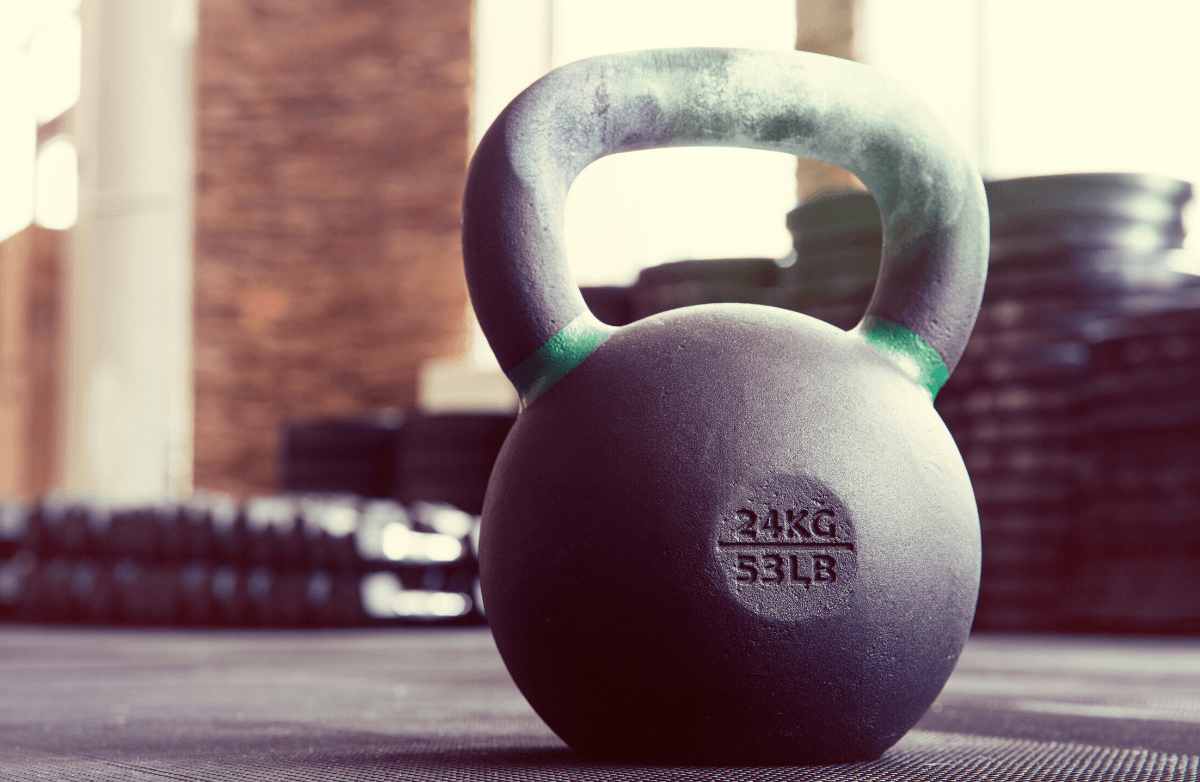|
As temperatures rise, so do your chances of getting food poisoning. According to the USDA, the number of illnesses surge from May to September, when picnics and cookouts mean food is out in potentially dangerous temperatures. But even though disease-causing bacteria are lurking, you can stay healthy. Here are the biggest misconceptions about summer food safety and the facts that can keep sickness at bay. 1. Myth: Food is safe in a cooler. “Life begins at 40 degrees,” says Bethany Thayer, a registered dietitian and spokesperson for the Academy of Nutrition and Dietetics. “If your cooler’s temperature rises above that, disease-causing microorganisms multiply.” To keep food fresh, fill 75% of the cooler with edibles first; then, pile on ice or ice packs to fill the remaining 25%. Transport the cooler in air conditioning (not a hot trunk), and when you reach your destination, keep the cooler in the shade with the lid closed. Place an inexpensive thermometer in between food items, not up against ice, to be sure the temperature stays below 40°F. 2. Myth: Food is safe at room temperature for a few hours. A picnic buffet of cold cuts, fried chicken, hamburgers and potato and macaroni salad is OK to sit out for less time than you probably think. “In temperatures of 90°F or higher, you can keep foods out only for one hour,” says Ximena Jimenez, a registered dietitian and spokesperson for the Academy of Nutrition and Dietetics. “In temperatures between 40 and 90°F, you have two hours max.” Any longer, and bacteria that can make you sick start multiplying. Instead of losing track of time, set your cell phone’s alarm to remind you when to put food away. 3. Myth: Food poisoning isn’t a big deal. “Absolutely incorrect,” says Thayer. Food poisoning causes about 48 million illnesses and 3,000 deaths each year. “How sick a person gets depends on what bacteria is present, how much was eaten and an individual’s susceptibility.” Babies, young children, pregnant women, the elderly and anyone with weakened immune systems and chronic conditions are more vulnerable to getting sick and developing serious long-term health conditions, such as kidney failure and nerve damage. No matter your age and health status, it’s unpleasant to cope with food poisoning symptoms, which range from mild nausea, cramps and diarrhea that can last for days to vomiting and dehydration. Click here for more food safety tips from Woman's Day. More from Woman's Day: How do you keep your food safe in summer? |
Popular Entries
|



















